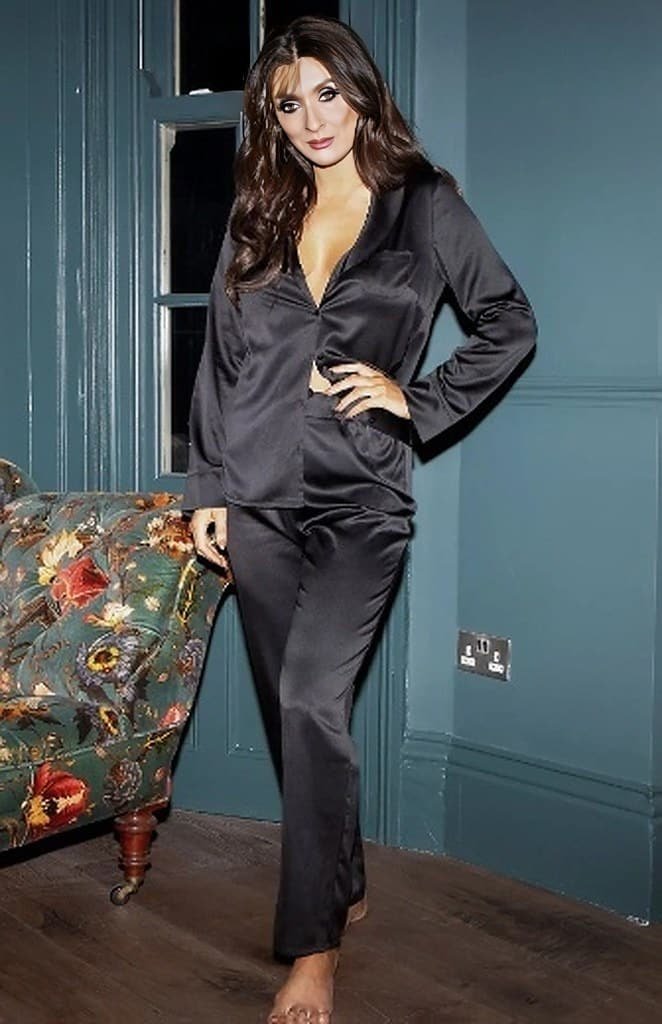Sustainability positions are on the increase throughout markets, and style is among the fastest growing locations for green tasks in the United States. Black skill is still underrepresented throughout the green economy, even though business continue to promote variety, equity and addition (DEI).
As we concentrate on individuals and world, we need to pursue higher racial equity and regard for Black skill in sustainability, particularly in the fashion business.
Black Americans have actually formed style’s international supply chain considering that the start of U.S. history. Enslaved Africans cultivated cotton that made the country a worldwide superpower in the 1800s. Ann Lowe, segregated throughout style school in 1917 due to the fact that of her race, created gowns for the elite in home entertainment, high-end retail and federal government. In 1973, Black and Brown youth developed hip-hop– typically appropriated and now commemorated throughout its 50th anniversary year. Black hip-hop designers repurposed clothes in their developments years back, a practice now welcomed in traditional style as the market aims to resolve its ecological difficulties.
Today’s customers are significantly varied, and they are requiring more from brand names than ever previously, especially in racial equity and sustainability. The fashion business can not omit fantastic minds since of their race and still be innovative, sustainable and robust.
Black Americans wish to purchase from business that think in their worths of equity. We have substantial buying power. Black costs power reached a record $1.6 trillion in 2021, and in the American high-end market Black customers are driving considerable development.
J. Crew’s collaboration with Black farmers is the exception, not the standard.
We likewise have actually increased political power in the country’s Capitol. Sixty Black legislators took workplace in the 118th Congress, the biggest number ever, consisting of House Democratic Leader Hakeem Jeffries (D-N.Y.), the very first Black member to lead a celebration in either chamber. This development comes at a crucial time as brand names and merchants invest more to form style law and ecological policy.
In spite of these improvements, Black skill stays underrepresented in sustainability and style. More than 80 percent of people operating in sustainability are white, as kept in mind in the GreenBiz Group’s 2022 State of the Profession report. And as we take a look at style, Blacks are not just underrepresented in style– comprising 4.9 percent versus 12.6 percent of the market’s manpower– however they likely experience pay spaces also, according to AIGA’s 2021 Design POV Research.
Corneil Montgomery, CEO of Los Angeles-based Sovereignty Company, acknowledged the obstacles and barriers for Black style skill thinking about sustainability. That led him to release an accelerator program for business owners of color who wish to “develop sustainability into their brand names” and concentrate on circularity. Sovereignty’s very first friend consists of the mother-and-daughter style duo behind House of Aama and designer Charles Harbison– who has actually dressed Beyonce, Ava Duvernay, Jessica Alba and other renowned stars.
Market leaders have actually made dedications to deal with sustainability and human rights throughout the international supply chain. Civil rights– consisting of racial equity– are likewise human rights.
Here’s how style business can weave racial equity into their sustainability techniques.
Boost partnership
DEI should not be restricted to a business’s personnel or philanthropy locations. Efforts must be incorporated into programs resolving style’s ecological footprint. J. Crew has actually used an “equity lens to sustainability,” keeping in mind that it sources 70 percent of its items from cotton. The business’s sustainability and variety, equity, addition and belonging (DEIB) groups are collaborating and partnering with the Federation of Southern Cooperatives/Land Assistance Fund, an association of Black farmers– as they shift to regenerative farming for cotton.
J. Crew’s collaboration with Black farmers is the exception, not the standard. As I talked about in 2019, brand names should offer their DEI groups with a budget plan and resources to make significant modification — which begins with access to sustainability programs and other departments.
Support the next generation of skill
Education is the initial step in developing a fair and inclusive style skill pipeline offering trainees without generational wealth or networks with access to market internships and full-time positions. Future style skill is necessary to constructing an inclusive and fair sustainable supply chain, not to point out bringing their vigor and vision to the market.
Sustainability needs that we likewise sustain individuals powering the market, and not simply here in America.
As style progresses on sustainability efforts, we should guarantee that varied trainees and professors are consisted of throughout style’s education system– specifically in style, law, innovation and interactions.
Consist of varied voices in style policy
Environment modification effects neighborhoods of Black, Brown and Indigenous individuals most badly, therefore it is just ideal that varied style skill be consisted of in the services. U.S. legislators are getting ready for the 2023 Farm Bill. Farmers, fashion industry and nonprofits are promoting the legislation to resolve education, equity and gain access to in regenerative farming.
Sustainability needs that we likewise sustain individuals powering the market, and not simply here in America. This ought to consist of designers and business owners throughout the African diaspora. The African Growth and Opportunity Act (AGOA) is one action in the ideal instructions. The trade program with the U.S. and particular nations in sub-Saharan Africa enables duty-free treatment of U.S. imports of fabric and clothing items. AGOA is set to end in 2025. As brand names make multi-year sourcing choices, now is the time to promote this program’s long-lasting renewal.
Racial equity is important for imagination and financial development, and Black skill belongs at the heart of style’s ecological technique.

